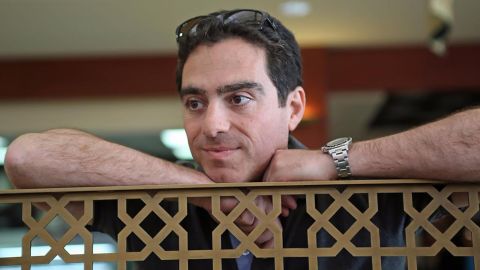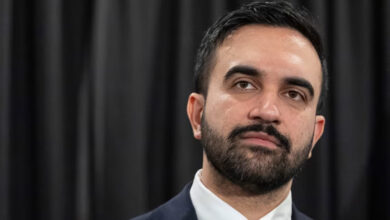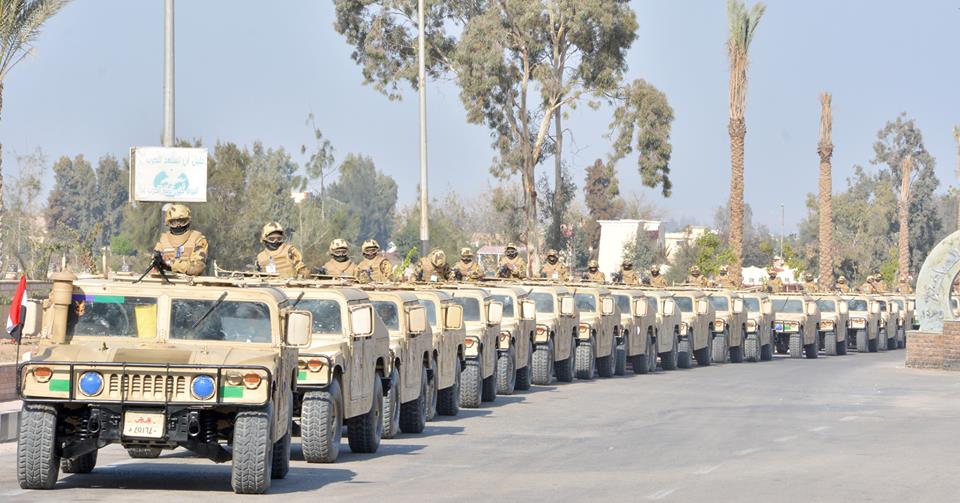
Iran’s longest-held American prisoner has made an emotional plea to US President Joe Biden to put the “liberty of innocent Americans above politics” and ramp up efforts to secure his release, in an unprecedented interview with CNN from inside Iran’s notorious Evin prison.
“I remain deeply worried that the White House just doesn’t appreciate how dire our situation has become,” said Siamak Namazi, speaking by phone with CNN’s Christiane Amanpour.
His voice occasionally choking up, Namazi added, “the very fact that I’ve chosen to take this risk and appear on CNN from Evin prison should tell you how dire my situation has become by this point.”
Namazi, 51, was arrested in 2015, when he was on a business trip to Iran, in what the UN has described as an “arbitrary detention.” He was charged with having “relations with a hostile state,” referring to the US, where Namazi is a dual Iranian-US national.
The US has accused Iran of taking Namazi and other imprisoned foreign nationals in Iran “hostage.”
Addressing Biden directly, he said: “I implore you, sir, to put the lives and liberty of innocent Americans above all the politics involved and to just do what’s necessary to end this nightmare and bring us home.”
Namazi is one of three American citizens detained in Tehran’s Evin prison, which is known for its long record of human rights abuses, and is seen as an emblem of authoritarian rule in Iran.
The two other American-Iranian prisoners in Evin prison are Emad Sharghi, a businessman, and Morad Tahbaz, a 66-year-old environmentalist. Both were first arrested in 2018.
Last June, The New York Times published an opinion piece by Namazi blasting Biden’s bid to rescue US prisoners in Iran as having “failed spectacularly.” He held a seven-day hunger strike this January, and wrote an open letter to Biden calling on him to deliver on a promise to bring them home.
In the CNN interview on Thursday, Namazi accused the former US administration of President Barack Obama of “abandoning” him in 2016 negotiations, when the administration secured the release of four other US prisoners held in Iran – including the Washington Post’s Jason Rezaian – after signing the landmark 2015 Iran nuclear deal.
“When I’m there in that closet-sized room, all alone, there was one thing I held as true, and that is that the US government is fighting to release me,” he told CNN, reflecting on the first weeks of his detention.
He claimed that the former Secretary of State John Kerry promised to free him within “weeks.”
“I just know I was abandoned. I know I was promised that the US government will release me weeks later,” he said. “I’m perpetually three weeks away from a freedom that is permanently elusive.”
A White House spokesperson on Thursday condemned Iran’s imprisonment of US prisoners, saying it was inhumane and contrary to international norms. The spokesperson said the US was committed to securing the freedom of US citizens wrongfully detained overseas, and was in regular contact with Namazi’s family.
The Iranian government had not responded to CNN’s request for comment by the time of publication.
The US and other Western countries regularly accuse Tehran of holding dual nationals as political pawns in negotiations with the West. Last March, British-Iranian aid worker Nazanin Zaghari-Ratcliffe was released after six years of detention in Iran. It came as the UK settled a decades-old £400 million debt owed to Iran — Tehran has denied it was linked to the prisoner release.
Hopes for the release of US-Iranian prisoners have floundered in recent months, as negotiations between Tehran and Washington over the revival of the nuclear deal — which former President Donald Trump pulled out of in 2018 — came to a standstill.
Under the deal, Iran curbed its uranium enrichment program in exchange for sanctions relief.
Negotiating teams from Tehran and Washington have not convened for multilateral, indirect talks in nearly a year. A bloody regime crackdown on protests sparked by the death of 22-year-old Mahsa Amini last year also appears to have dealt the talks a crippling blow.
Last October, Namazi’s father Baquer Namazi, 85, was allowed to leave Iran on medical grounds, after the government lifted his years-long travel ban. Baquer Namazi is a former UNICEF official who suffers from a heart condition. Both father and son were charged with collaborating with the US government in 2015.
Siamak Namazi was given a 10-day furlough to see his father before the 85-year-old returned to the US.
“They allowed him to leave, to join the rest of our family and to receive the care that he needed for his life-threatening condition,” Siamak Namazi told CNN. “I can only hope that they summon that same spirit of humanity to do what is needed on their part, so that the rest of us — Morad, Emad and I — can also be reunited with our families, and to start putting this dark past behind us.”
Addressing Biden directly, he said: “I implore you, sir, to put the lives and liberty of innocent Americans above all the politics involved and to just do what’s necessary to end this nightmare and bring us home.”
Following the interview, Siamak Namazi’s father and brother, as well as family members of the other detainees, echoed his call for Biden to meet with them.
“There is no substitute for hearing firsthand what we have been through,” Baquer Namazi said in his first public remarks since his release from Iran.
He said he was “very, very proud” of his son, but at the same time was “very, very sad” and “very angry that there is a possibility to end this misery and politics is overriding humanism.”
Babak Namazi said his brother’s risky decision to speak to CNN “makes me proud” and also “just shatters my heart.”
“He came with this incredibly brave decision just a few days ago out of desperation,” Babak Namazi said. “We’re concerned. There’s no other way to say it. I can’t imagine what he must have gone through and how desperate he’s feeling.”




